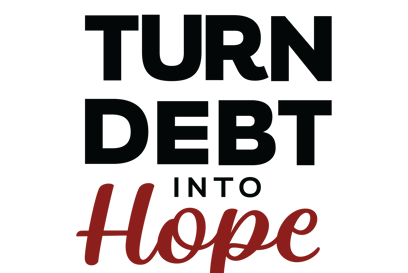We acknowledge the Traditional Custodians of Australia and of the land on which we live and work. We acknowledge the Elders, past and present, and younger generations as the emerging leaders of the future. This land is and will always belong to our First Australians people.
On the 3rd of August, a delegation from Timor-Leste and the Aboriginal Carbon Foundation visited the head office of Caritas Australia in Sydney.
It was a great opportunity for the staff of the three organisations to come together, and share in their experiences and learnings with regards to the Transforming Rural Lives through Adaptation and Carbon Capture (TRACC) program operating with support from Caritas Australia.
Fernando Pires, Caritas Australia’s Country Representative in Timor-Leste, addressed the TRACC program as an “exciting project that bring us together to find solutions for the effects of climate change.”
The TRACC program is a unique example of partnership between First Nations knowledge of carbon farming here in Australia and Timorese farmers. First Nations Australians from the Aboriginal Carbon Foundation focus on training the farmers in Timor-Leste, leaning on the strengths of traditional First Nations practices and ecological knowledge. Working on a community level with 500 households, this includes nature-based solutions that reduce deforestation and promote agroforestry, that work to mitigate the effects of climate change and improve adaptation.
With climate change expected to reach a turning point in two decades, it is predicted this will disproportionately affect those in impoverished areas, including Timor-Leste. It is imperative that all countries with high deforestation rates spearhead greater progress to reverse further loss [1]. In Timor-Leste, forest area has decreased from its original mass by an estimated 90%, and it is also estimated that the current rate still continues at 1.3% each year [2]. Unsustainable agricultural practices, firewood harvest, and slash-and-burn land clearing are some of the main factors that have led to such rapid rates of forest loss.
The program takes a multi-faceted approach which addresses the complexities and barriers to long-term change. On an environmental level, by sequestering carbon; but also on a communal level, by encouraging behavioural changes that improve local forest ecosystem care.
Caritas Australia has worked with the Aboriginal Carbon Foundation for 12 years. They have provided valuable insight in Timor-Leste, as they have worked since 2010 in Australia to sell carbon credits to organisations around the world offsetting their emissions. They work in several ways, including using patchwork savannah burning methods to prevent larger greenhouse gas emissions caused by larger, dryer fires in the late fire season, and carbon farming, a method of farming whereby vegetation and soils hold more carbon, thereby reducing emissions.
Caritas Australia would like to thank the delegation from Timor-Leste: Fr. Mario de Carvalho Soares (Director, Caritas Diocese Caucau (CBD), Sylvestre Ximenes (ADFTL), Pascoal Afonso Belo (Ministry of Agriculture and Fisheries (MAF), Baucau), Jose da Silva (Ministry of Agriculture and Fisheries (MAF), Viqueque), Alberto dos Reis Freitas (CRS), Agustinho da Costa Ximenes (CRS), Antonio Abel Guterres (National Directorate for Climate Change (GCF NDA), Maria Evelina de Fatima Guterres (Administration of Baucau Municipality).
Caritas Australia would also like to thank Aboriginal Carbon Foundation staff: Rowan Foley, Lisa McMurray, and Sean Appoo.
[1] IPCC Sixth Assessment Report, 2023.
[2] Asian Development Bank, 2020.

















